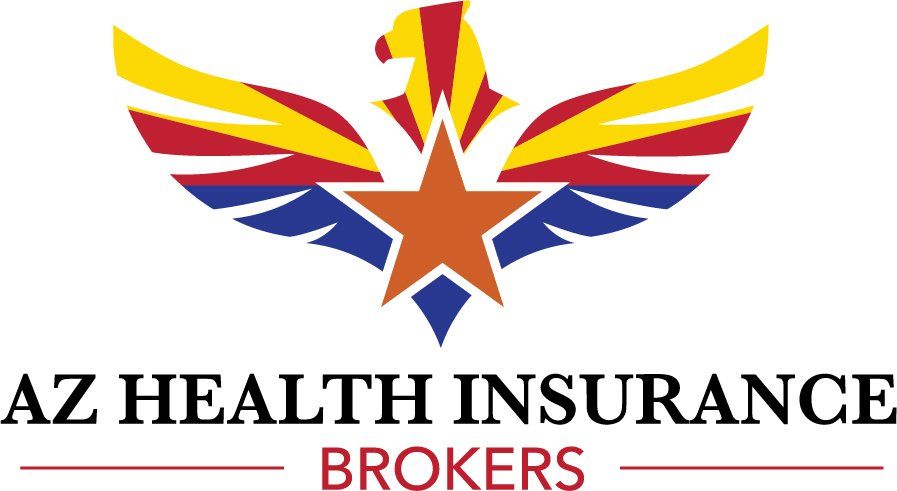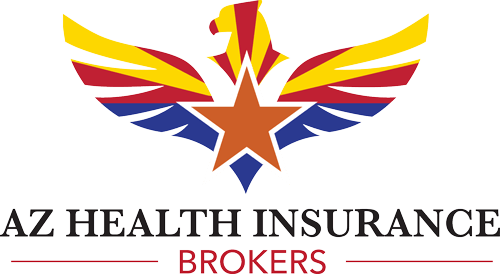What Is a Level Funded Health Plan for Business?
As an employer, you’re likely aware of the importance of offering health insurance to employees. According to a survey by the U.S. Chamber of Commerce, 96% of Americans say it’s important that employers offer health insurance. Two-thirds of respondents wouldn’t accept a job offer that doesn’t include health insurance benefits.
You have lots of options for what type of health insurance plan to provide to your staff. Level funded health plans combine elements from fully insured healthcare plans and self-insurance to provide business owners with potentially lower costs, compared to both of those types of plans.
The use of level funded
health plans by employers is on the rise, as
KFF reports 34% of small firms use a level funded plan, compared to 7% in 2019. In this guide, explore more about level funded health plans to determine if they’d be a fit for your business.
Key Takeaways
- Level funded health plans are a type of partially self-funded insurance, where employers pay a fixed cost each month to offer healthcare coverage to employees.
- With level funded health plans, employers pay into an insurance claims account, pay for stop-loss insurance for claims that exceed the amount paid for, and pay for health plan administration by the healthcare provider.
- Level funded health plans can potentially offer cost savings for small to mid-size businesses whose employees are relatively healthy. They provide an alternative to other types of
business health insurance, such as fully insured health plans.

Level Funded Health Plans Explained
Like self-funded healthcare plans, the employer defines liability risk and limits what it pays before stop-loss insurance covers the rest.
Level funded health plans offer some potential cost savings compared to fully insured health plans and self-insured health plans. With fully insured health plans, a business pays a fixed premium, regardless of whether or not employees actually use the benefits.
With self-insured health plans, it’s the employer’s responsibility to pay for all claims unless stop-loss insurance is added for high-cost and catastrophic claims. This means, self-funded health plans carry higher risk with unlimited liability.
Level-funded plans enable employers to pay a set premium and then pay stop-loss insurance for when claims exceed the set amount. Additionally, with level funded plans, employers may be eligible for a refund when the amount they’ve paid hasn’t been used in employee healthcare benefits.
With level funded plans, employers pay a monthly fee that includes maximum claims liability, stop-loss insurance and administrative fees. This provides employers with predictability in terms of costs, as well as potential savings in the form of a refund.
Pros of Level Funded Health Plans
There’s a reason why the adoption of level funded health plans is on the rise. They provide many advantages compared to other types of health plans, especially for small businesses. These include:
- Potential savings: Whereas healthcare savings may stay with a health insurer in a fully insured health plan, with level funding, a surplus refund may be applied to the following year’s plan. This means, the healthier your employees are and the less frequently they use healthcare coverage, the more savings your business can potentially achieve.
- Focus on workplace health: Level funded health plans often come with employer resources on subjects like employee health and wellness. This could encourage employees to proactively manage their health, which could result in extra savings for your business.
- Monthly reports: Level funded health plans may include monthly reporting with insights into how employees are using health services. Using these reports, employers can alert employees about benefits like low-cost generic medications and other potential cost savings, like seeing a primary care doctor virtually. In turn, these savings save the employer money, as well. These reports may not be available in plans like fully insured health plans.
Some level funded health insurers also offer wellness programs and 24/7 virtual care features, as well. These benefits can help you facilitate a healthier workforce and, as a result, lower your health plan costs.
Cons of Level Funded Health Plans
Level funded health plans may not be the best option for your business. It’s important to weigh the pros and cons as you choose business health insurance for your employees. Some level funded health plan disadvantages include:
- Expenses to consider: With level funded health plans, stop-loss insurance and administration fees are extra costs to consider. With a fully insured plan, you won’t have to pay for stop-loss insurance, just the full monthly premium you agree to pay.
- Potentially higher renewal rates: If the claims your workforce makes exceeds stop-loss coverage, that could result in higher renewal rates.
Plan rigidity: Some health insurers will offer a set amount of plan design options to choose from in level funded health plans. Compared to other types of employee health coverage, you may have less flexibility than you want with a level funded plan, even though these plans typically do offer a variety of options to choose from.
In some cases, you could pay more for a level funded health plan compared to options like self-funded insurance. It’s helpful to talk with a
health insurance broker to compare all that’s available, so you make the most cost-effective choice for your business.
Interested in a Level Funded Health Plan?
Level funded health plans have become a popular choice for many small to medium sized businesses today. They could help your business contain costs while you offer a valuable health insurance benefit to your employees.
When you’re considering group health insurance for your business, options like health savings accounts (HSAs) and health reimbursement arrangements (HRAs), including qualified small employer health reimbursement arrangements (QSEHRAs) and individual coverage health reimbursement arrangements (ICHRAs), may also be attractive options.
If you want to offer health insurance coverage for your employees, AZ Health Insurance Brokers can help. We’ll learn about your unique business and provide you with options that make sense for both your budget and your employees.
Contact us online for a free consultation on workplace healthcare, call 602.617.4107, or email quotes@azhealthinsurancebrokers.com. We look forward to helping your business.
Level Funded Health Plan FAQs
What is the difference between fully funded and level funded insurance?
Fully funded insurance involves a business paying a fixed premium to a health insurance company, which then assumes all risks involved with employee medical expenses and claims. With level funded insurance, a business pays a fixed cost each month that goes towards claims payment, stop-loss insurance and administration costs. The employer may receive a refund for surplus payment made.
What are the risks of level funded health plans?
Some risks of level funded health plans include higher renewal rates and overpaying on costs like stop-loss insurance and administration fees. In some cases, businesses can save money with level funded health insurance plans, but in some cases, they may pay more compared to other types of healthcare coverage for employees.
What are the benefits of a level funded health plan for small businesses?
Some potential advantages of a level funded health plan for small businesses include cost savings, including through a potential surplus refund, as well as wellness programs for employees that facilitate a healthier workforce.
What is the difference between level funded and self-funded health plans?
Level funded health plans are a type of self-funded health plan where employers cover employee medical expenses, but anything beyond a claim limit is covered under stop-loss insurance. With self-funded health plans, the employer pays all employee medical expenses.
Are level funded health plans popular?
In the past 5 years, adoption of level funded health plans by businesses has increased 27%. In 2024, 34% of small businesses used level funded health plans.











